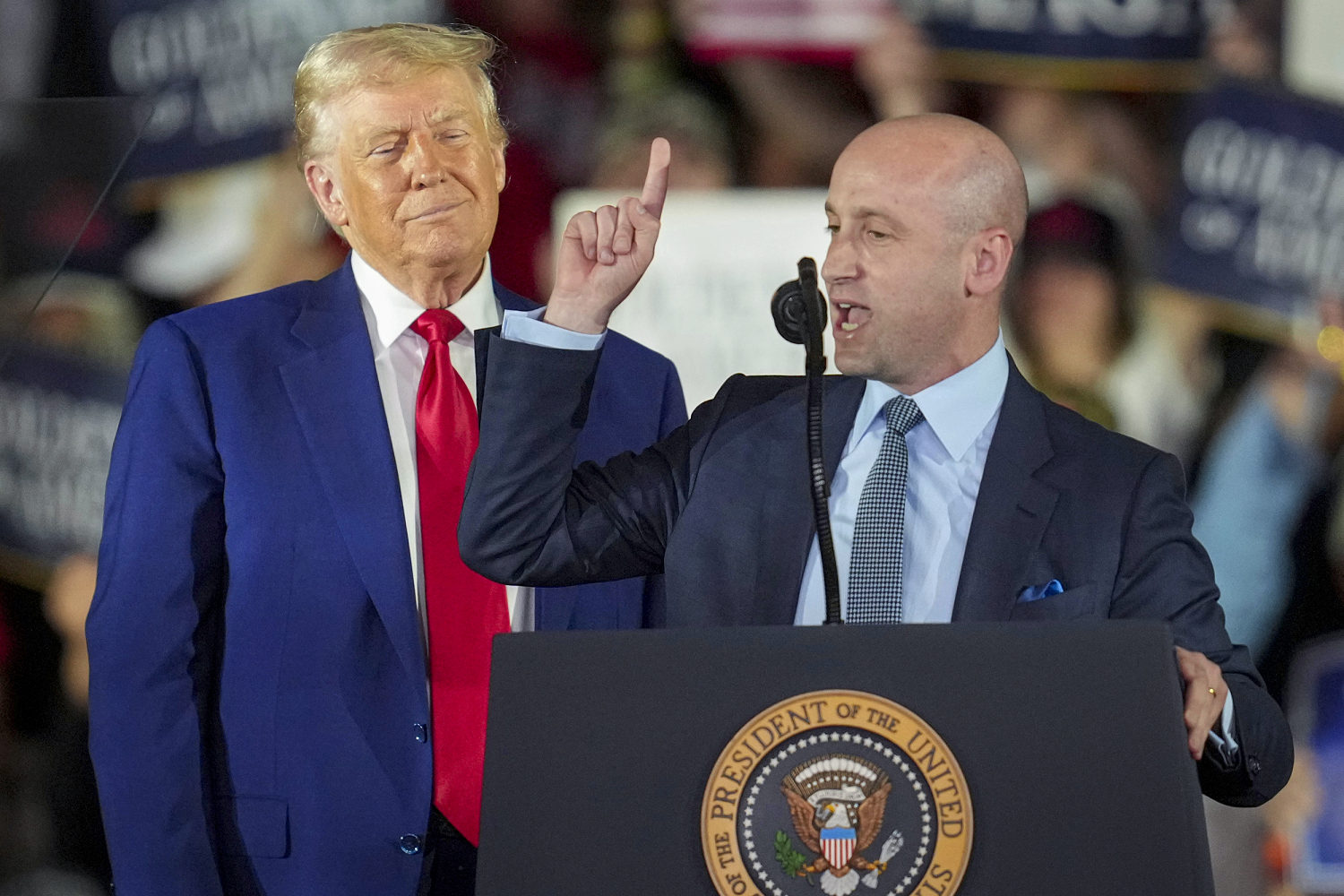Now Reading: Ask Jordan: Does birthright citizenship require allegiance to the U.S.?
-
01
Ask Jordan: Does birthright citizenship require allegiance to the U.S.?
Ask Jordan: Does birthright citizenship require allegiance to the U.S.?

Brian Jones questions why the 14th Amendment, which aimed to grant citizenship to freed slaves and their descendants, is being overlooked. He argues that jurisdiction entails allegiance to a country, something illegal immigrants do not possess.
While the 14th Amendment overturned the discriminatory Dred Scott ruling that denied citizenship to African Americans, it does not imply that babies born in the U.S. today are not citizens if their parents were unlawfully present. The amendment has always been interpreted to confer citizenship based on the sole fact of being born in the country, regardless of allegiance or parentage.
Linking birthright citizenship to allegiance would create complications, especially in cases like slavery, where individuals were forced into bondage by a country that did not recognize their humanity. It would also affect modern scenarios involving dual citizens and lawful residents. The historical and contemporary contexts show that the allegiance argument is not viable.
The ongoing debate over birthright citizenship has reached the Supreme Court, with the administration defending President Trump’s executive order, which seeks to limit citizenship based on allegiance. The legal battle focuses on the interpretation of the 14th Amendment’s citizenship clause and the concept of jurisdiction. The administration’s attempt to redefine birthright citizenship faces significant legal challenges and historical precedents.
Despite the administration’s efforts to alter the interpretation of the 14th Amendment, the Supreme Court has consistently upheld the principle of birthright citizenship. Lower courts have rejected the administration’s arguments, leading to the current legal battle. The government’s strategy in the appeal case aims to focus on procedural issues rather than the substantive merits of the citizenship question.
While the Trump administration raises concerns about birthright citizenship policies leading to illegal immigration, these political views do not necessarily align with legal interpretations. The legal debate centers on the language and intent of the 14th Amendment and the precedent supporting broad birthright citizenship. The administration’s attempt to delay a final decision on the issue suggests uncertainty about the strength of its legal argument.
The legal and historical context surrounding birthright citizenship remains a key point of contention, with the Supreme Court’s ruling expected to have significant implications for future cases.






